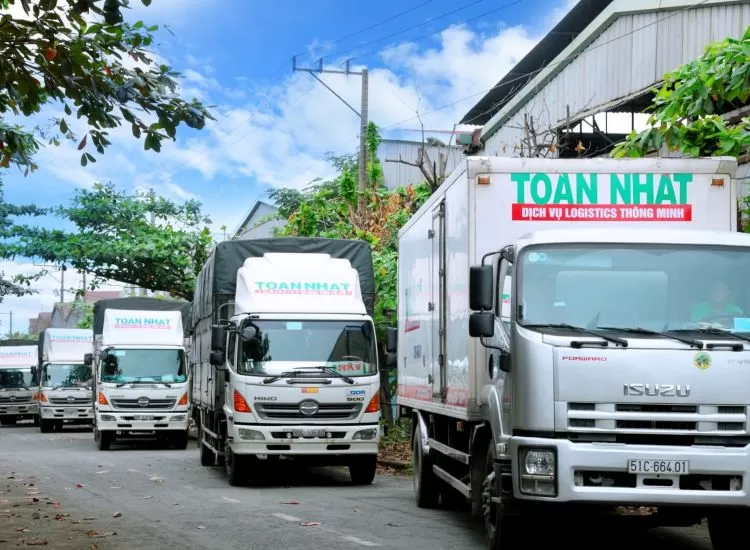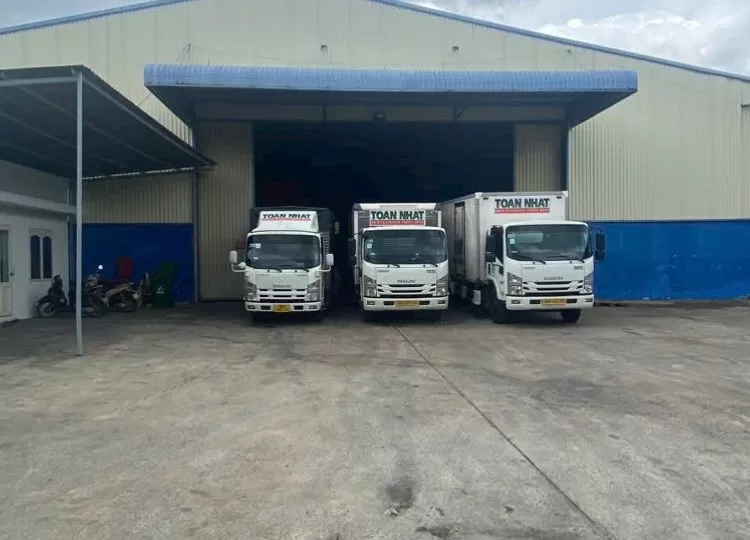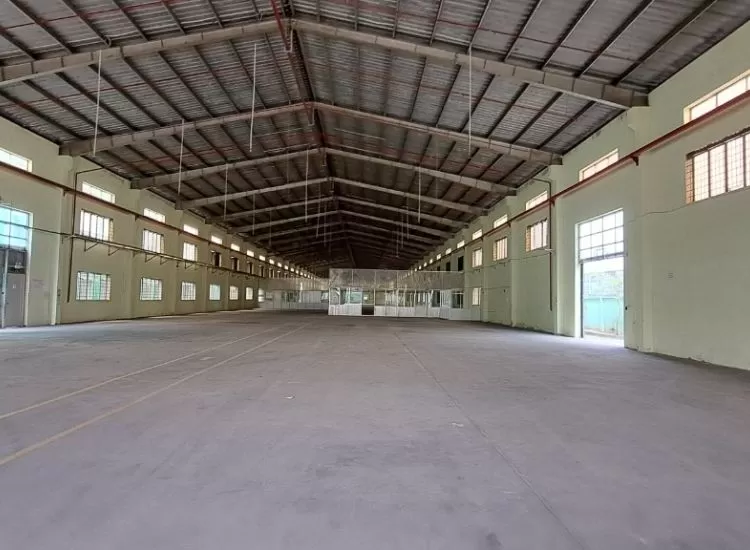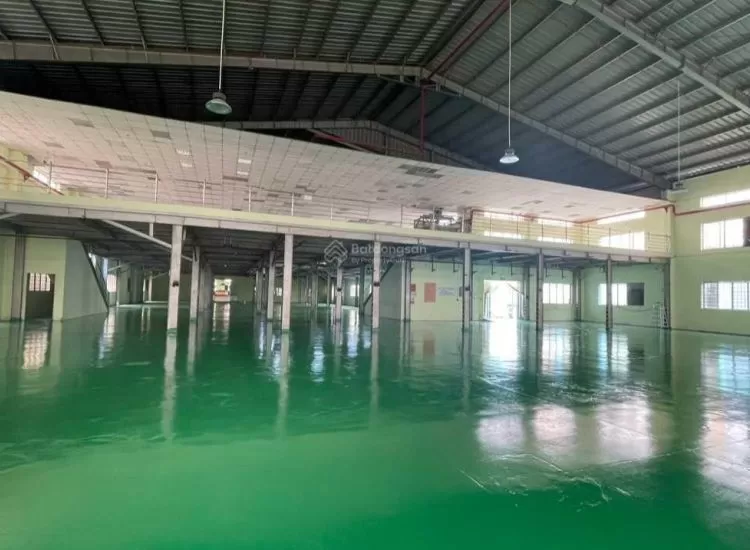No correlation found between schedule reliability and freight rates - Sea-Intelligence
Sea-Intelligence did a survey and analysis to see if schedule reliability was related to freight rates.
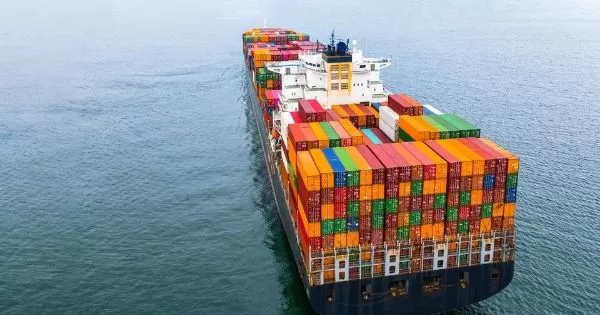
Sea-Intelligence found no correlation between schedule reliability and freight rates
The Danish company providing research, analysis, data and consulting services in the global supply chain industry, Sea-Intelligence conducted a survey to see if schedule reliability was relevant. to the freight rate or not.
Sea-Intelligence analyzed the relationship between the two, with the aim of seeing if periods of high schedule reliability lead to higher rates.
"Whenever there is talk of schedule reliability, shippers have complained about the general lack of service quality in the industry. One debate that often then comes at the forefront, is whether shippers are at all willing to pay a premium for better schedule reliability," Alan Murphy, CEO of Sea-Intelligence, asked.
Sea-Intelligence performed the analysis on seven port pairs, using schedule reliability and freight rates data gathered from the World Container Index (WCI).
"For each of the port-pairs, we used a scatter plot showing the WCI on the y-axis and schedule reliability on the x-axis, also adding in a liner trend line and the coefficient of determination (R-squared) which shows the strength of the correlation," the Danish researchers said.
For nearly all port pairs, the R-squared value is low, indicating a weak or no correlation. The only exception to this is Shanghai-Rotterdam, which has an R-squared value of 0.63 as shown below. That means about 63% of variation in freight rates can be explained by changes in schedule reliability, according to the research firm.
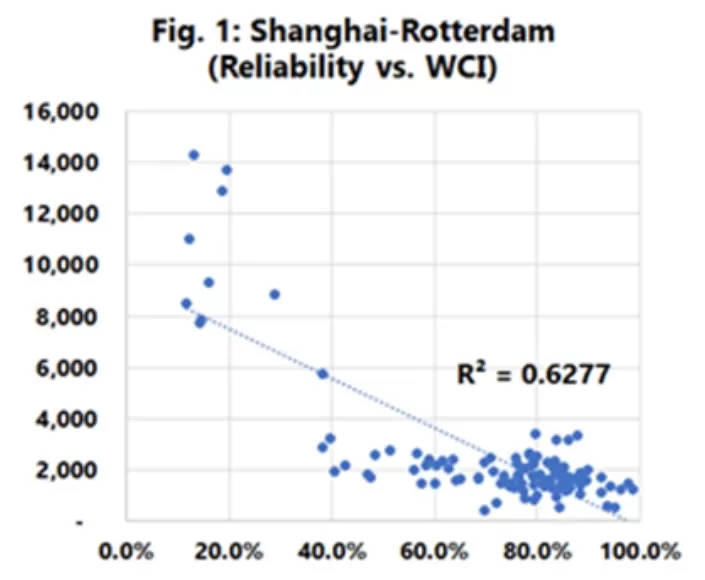
Correlation between schedule reliability and Shanghai-Rotterdam freight rates (Source: Sea-Intelligence)
"However, the trend line is negative, which means that during periods with high schedule reliability, freight rates were low and vice versa." Sea-Intelligence points out that, while there may be exceptions for specific carriers and individual shippers, broad market trends are fairly understandable.
Reliability tends to improve with excess capacity, as this makes it easier to stick to schedules, but it also entails a high level of reliability that mainly occurs at times when rates are volatile decrease and cannot increase.
Murphy commented: “We saw the same happen during the pandemic, with schedule reliability going up during the early periods with low demand levels and high blank sailings, and schedule reliability dropping considerably as vessels started to sail fuller and berth congestion rose.”
See more:
- Global supply chain disruption expected through 2022
- Reliability of container sailing schedules is at a record low, only 33.6%
- Growing delays and congestion at ports in the US and Asia
- Container shortages, port congestion and ship delays have pushed freight rates sky-high
Source: Phaata.com (According to ContainerNews)
Phaata.com - Vietnam's First Global Logistics Marketplace
► Connect Shippers & Logistics companies faster
























.webp)

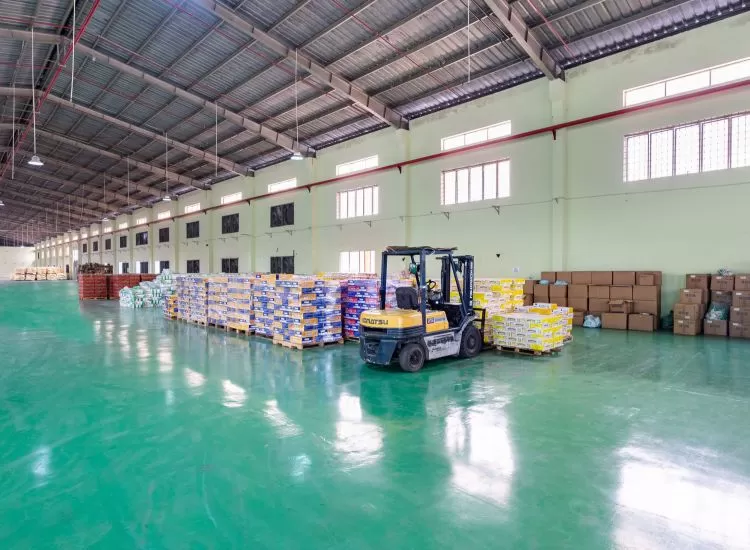








.webp)
